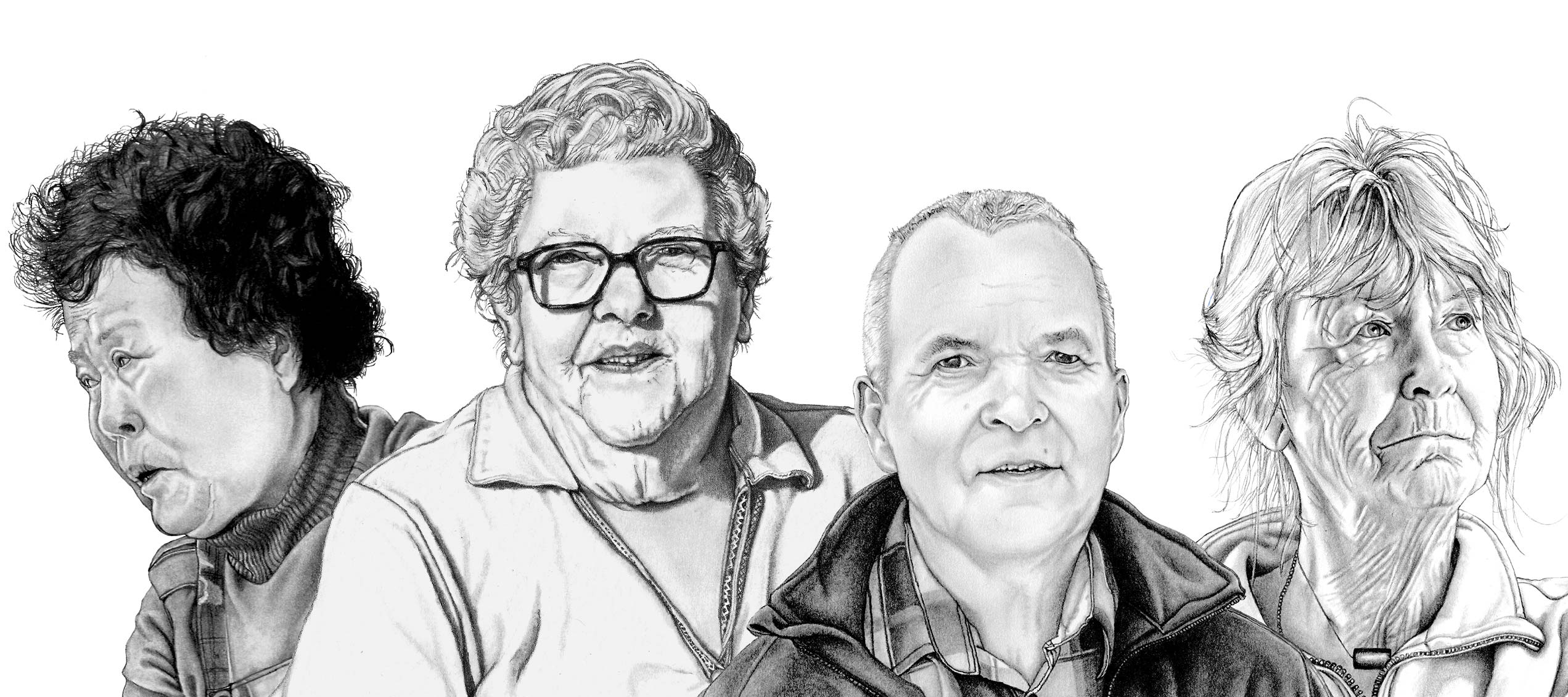
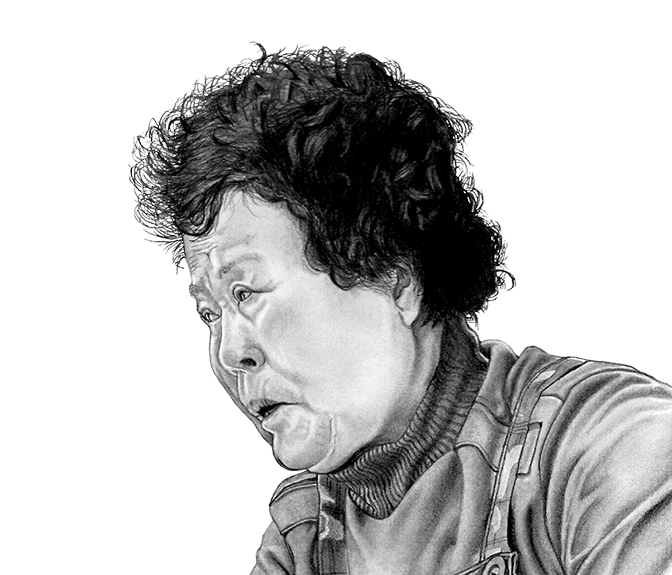
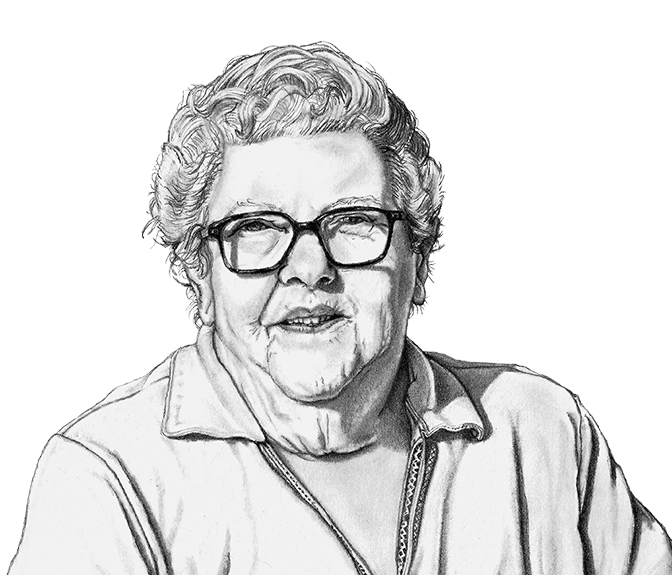
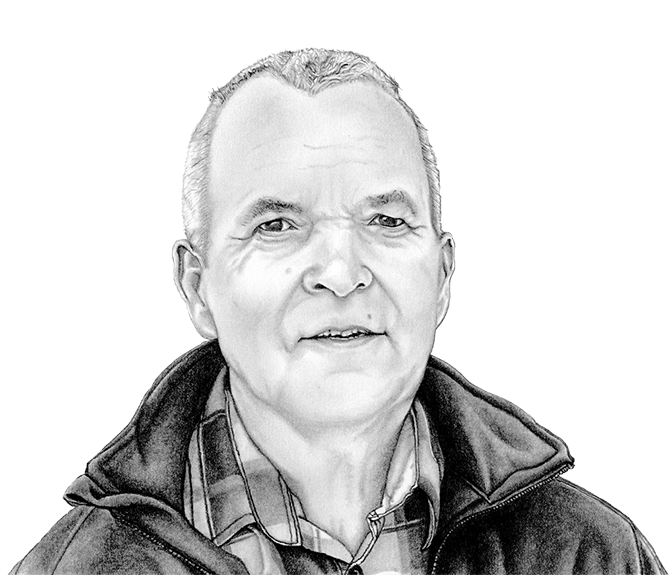
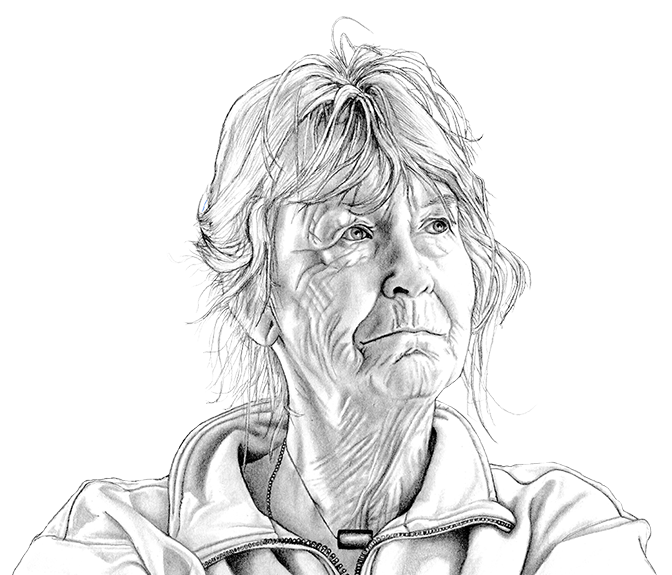
The world is getting older.
Globally, longevity is increasing markedly, and birth rates are falling. This demographic reality is often portrayed in calamitous terms. Economists, politicians, policymakers, and pundits alike speak of the aging population overwhelming health systems, damaging the labour market, destroying economies.
In reality, people living longer and healthier is a triumph of science and medicine. Sure, it will lead to a re-ordering of everything from family dynamics, to economic assumptions, to the structure of health systems.
But it can also put strains on social safety nets, which often cannot bear the cost of supporting growing populations of older people with limited incomes.
In this period of transition, there will be many bumps in the road. Unfortunately, policy changes rarely involve a consultative process – what politicians fund for seniors can be in conflict with what aging citizens ultimately want.
We rarely hear from older people themselves about the challenges (and joys) of aging, or about their priorities.
Rarer still is seeing young people interacting with their elders. Aging is often positioned as a threat – there are dire warnings of intergenerational warfare, and a harbinger of a grim future.
The reality on the ground is quite different: The worries of old and young are remarkably similar, and often overlapping, regardless of where they live. We are all unified by common concerns about the future.
In this series of stories from the Global Reporting Program, we hear elders speak of their struggles making ends meet, finding affordable housing, and their worries about being a burden on their families, and despairing about climate change.
Young and old struggling to find their place in a changing world. But, ultimately, the message that emerges is that solutions will come from working across generations, not pitting various demographic groups against each other.